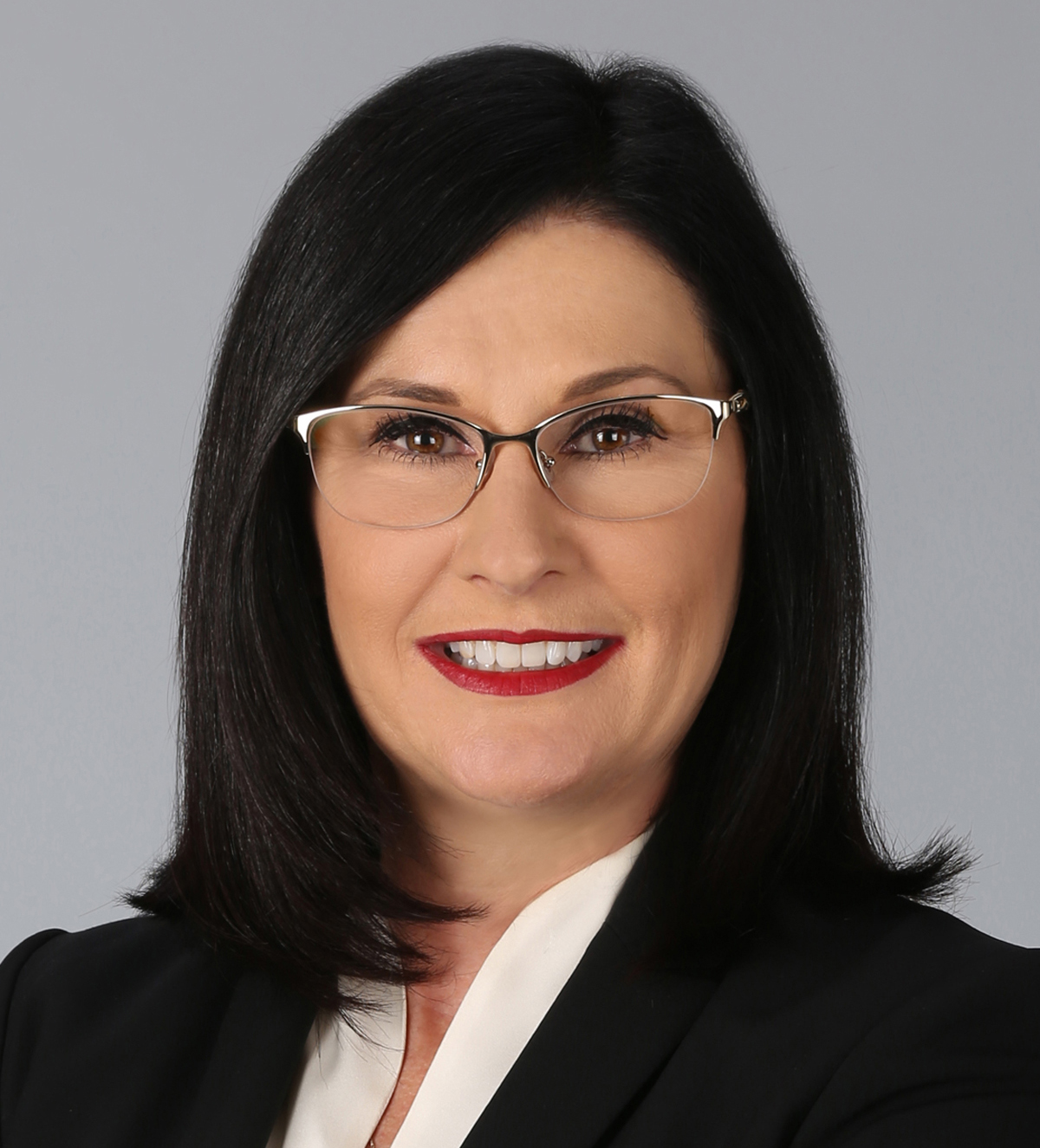By Greta Schulz
Earlier this year, New York became the first state to offer free tuition to two- and four-year colleges for middle-class students.
Understanding that there are certainly positives in passing this law, I wonder if this is the best approach to the education issue. I am a big believer in merit. I have seen repeatedly that when people work toward something, they appreciate it much more. I recognize not everyone can afford full tuition, but isn’t there a better way education institutions can offer it for free?
If you have children, or even if you think back to when you were a child, I bet you can relate to this story:
My son always loved computers. Everything about them. He played games, interacted with friends—everything that can be done on a computer, he did. We had a computer for the kids to share in the family room, to use for homework or whatever. This seemed to work fine for my other two kids, but not for J.P.
“Mom, I really need my own computer, in my room so I can use it when I want and not have to wait for anyone. I feel that I am old enough and responsible enough to be able to have that,” J.P. would say.
I thought about what he said, agreeing with a lot of the points he was making. So I sat him down and had a talk with him.
“J.P., I agree with you about your maturity, your responsibility and the attitude that you have to help others. These are great characteristics. Because of that I have decided that you can get your own computer that will be yours with some restrictions, of course,” I said.
He couldn’t contain his excitement and asked if we could go get one immediately. He stopped in his tracks when I told him that he could get the computer as soon as he had half of the money to buy it. If he saved the money for half of his computer, I would match that amount.
As we sat there, he picked up his head and complained: “Mom, that’s not fair. I am a good kid, and I just want to have one thing—that’s it!”
I explained that those were reasons why I would match what he saved. After not talking to me for about three days, he agreed to the terms.
Not being old enough to work at a local store or fast-food restaurant, J.P. began doing chores around the house. He talked to the neighbors about doing some yardwork and errands. When his friends would ask him to go to the movies, he declined because he was saving money.
At the end of the summer, he had saved more than $600s, which was half of what the computer cost. The night before we went to Best Buy to purchase the computer, he couldn’t sleep. The next morning, he was up earlier than everyone else, which was highly unusual for him.
When we arrived at the store, he knew exactly what he wanted, grabbed it, handed the cashier the money, as well as my credit card, and we returned home.
As you can imagine, this was a wonderful life lesson. To this day, he tells me he still has that computer. It’s in the closet and he doesn’t use it but still has it just the same. I wonder if I had paid for all of it, could this story have been told? I doubt it.
So is New York doing more harm than good? Is it enabling another four years of apathetic attitudes about education, as if it were an extension of high school?
By nature, we need a merit-based system to drive motivation.↵
Greta Schulz is president of Schulz Business, a sales consulting and training firm. She is the best-selling author of “To Sell is NOT to Sell” and works with Fortune 1000 companies and entrepreneurs. For more information or free sales tips, go to schulzbusiness.com and sign up for “GretaNomics,” a weekly video tip series, or email sales questions to greta@schulzbusiness.com.













